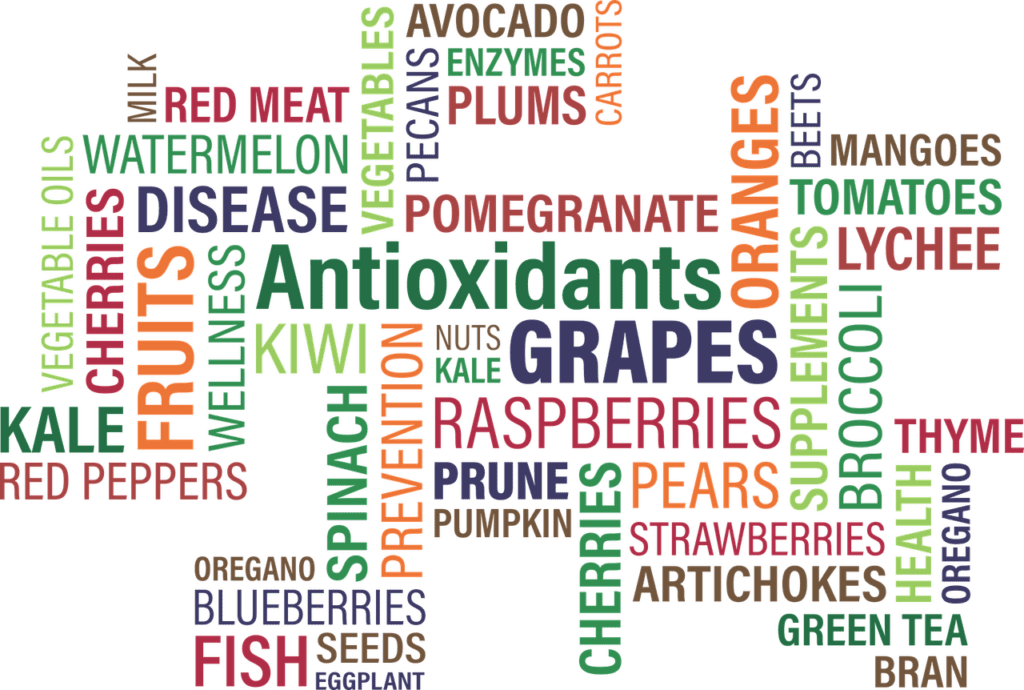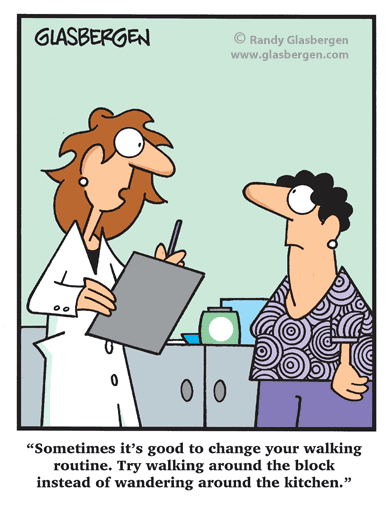Introduction:
Fatty liver disease has become a prevalent health concern in recent years, affecting millions of people worldwide. This condition occurs when excess fat accumulates in the liver, leading to inflammation and potential liver damage. The good news is that fatty liver disease is largely preventable through a combination of lifestyle changes and dietary choices. In this comprehensive guide, we will explore actionable tips and advice backed by scientific research to help you reduce the risk of developing fatty liver disease effectively.
1. Understanding Fatty Liver Disease:
Before diving into prevention strategies, it is crucial to grasp an understanding of fatty liver disease. There are two main types: alcoholic fatty liver disease (AFLD) and non-alcoholic fatty liver disease (NAFLD). AFLD is caused by excessive alcohol consumption, while NAFLD is associated with obesity, diabetes, high cholesterol, and an unhealthy lifestyle.
2. Maintain a Healthy Weight:
Obesity is a major risk factor for fatty liver disease. Maintaining a healthy weight through regular exercise and a balanced diet is crucial for preventing excess fat accumulation in the liver. Aim for at least150 minutes of moderate-intensity exercise per week and consider incorporating strength training exercises to build lean muscle mass.
3. Follow a Balanced Diet:
Diet plays a crucial role in preventing and managing fatty liver disease. Focus on consuming a well-balanced diet that includes a variety of fruits, vegetables, whole grains, lean proteins, and healthy fats. Minimize your intake of processed foods, sugary beverages, and saturated fats. Ensure you are getting an adequate intake of essential nutrients like vitamins, minerals, and antioxidants.
4. Limit Alcohol Consumption:
Excessive alcohol consumption is one of the leading causes of fatty liver disease. If you drink alcohol, do so in moderation. For men, it is recommended to limit alcohol intake to no more than2 standard drinks per day, and for women, no more than1 standard drink per day.
5. Manage Your Blood Sugar Levels:
Individuals with diabetes or prediabetes are at a higher risk of developing fatty liver disease. Keep your blood sugar levels in check by following a balanced diet, engaging in regular physical activity, and, if necessary, taking prescribed medications.
6. Be Mindful of Medications:
Certain medications may contribute to the development of fatty liver disease or worsen pre-existing liver conditions. Consult with your healthcare provider about potential risks and alternative medications if you have concerns.
7. Stay Hydrated:
Drinking an adequate amount of water throughout the day helps in flushing out toxins from the body and supports overall liver health. Aim to drink at least8 glasses of water daily and avoid sugary drinks or excessive caffeine consumption.
8. Quit Smoking:
Smoking not only harms your lungs but also places an additional burden on your liver. Quitting smoking can significantly reduce the risk of not only fatty liver disease but also various other serious health conditions.
9. Manage Stress Levels:
Chronic stress can negatively impact liver health. Implement stress management techniques such as regular exercise, meditation, deep breathing exercises, or engaging in hobbies to help reduce stress levels and promote overall wellbeing.
10. Regular Medical Check-ups:
Schedule regular check-ups with your healthcare provider to monitor your liver health and detect any potential issues early on. They can provide valuable insights and guidance tailored specifically to your needs.
Conclusion:
Preventing fatty liver disease requires making conscious choices regarding lifestyle and diet. By incorporating these actionable tips and advice into your daily routine, you can significantly reduce the risk of developing this potentially harmful condition. Remember, prevention is always better than cure. Take control of your health and prioritize a liver-friendly lifestyle to maintain optimal liver function and overall wellbeing.
Trusted Sources:
1. Mayo Clinic – https://www.mayoclinic.org
2. American Liver Foundation – https://liverfoundation.org/
3. National Institute of Diabetes and Digestive and Kidney Diseases – https://www.niddk.nih.gov/
4. World Journal of Gastroenterology – https://www.wjgnet.com
5. Harvard Health Publishing – https://www.health.harvard.edu/

